On the morning of May 27, Minister of Public Security To Lam will submit to the National Assembly a draft law amendment, which stipulates that e-visas are valid for multiple entries instead of one entry as before.
The draft Law amending and supplementing a number of articles of the Law on Exit and Entry of Vietnamese Citizens and the Law on Entry, Exit, Transit and Residence of Foreigners in Vietnam submitted by the Minister of Public Security also proposes to increase the duration of electronic visas (e-visas) from no more than 30 days to a maximum of 3 months.
In the afternoon of the same day, the National Assembly will discuss this content in groups.
The agency examining the bill - the National Defense and Security Committee agreed with the above proposal, saying that the regulation of multiple-entry e-visas will create convenience and initiative for foreigners when entering and exiting the country, contributing to reducing administrative procedures, saving time and costs.
The extension of the e-visa duration meets the needs of international tourists and foreigners entering Vietnam to research, survey the market, seek and promote investment. The above regulation is a "special favor" for foreign visitors and facilitates the implementation of procedures of the management agency.
However, some Committee members asked the drafting agency to clarify the basis for the regulation of a period of no more than 3 months; and there were opinions suggesting increasing the duration of the e-visa to no more than 6 months.

Foreign tourists experience the train in Hanoi . Photo: Ngoc Thanh
The inspection agency also agreed with the proposal to expand the scope of e-visa issuance because according to current regulations, citizens of 80 countries are granted e-visas when completing exit and entry procedures in Vietnam, which is "not commensurate" with the needs of foreign visitors and attracting investment and tourism to Vietnam (258 countries and territories in the world).
However, the National Defense and Security Committee requested the drafting committee to further study and evaluate the impact of the expansion, conditions for issuance and duration of e-visas to find solutions to ensure immigration management and maintain social order and safety.
The Committee agreed with the proposal to increase the time limit for granting temporary residence certificates at the border gate for people entering under unilateral visa exemption from 15 days to 45 days because it is suitable for the current situation when the demand for long-term entry into Vietnam is increasing, especially for investors and tourists.
The 45-day regulation is only at the average level of countries in the region, for example Singapore 30-90 days; Malaysia 14-90 days; Myanmar 28-70 days; Philippines 30-59 days; Thailand 45 days; Indonesia maximum 30 days; Cambodia 14-30 days.
Some members of the review body said that Vietnam's current unilateral visa exemption for citizens of 25 countries is much lower than that of other countries in the region such as Singapore (158 countries), Malaysia (166), Indonesia (169), Philippines (157), Thailand (70). This has a significant impact on investment and tourism activities, especially long-term tourists from Europe and America who are not yet eligible for visa exemption.
Therefore, the National Defense and Security Committee proposed that the drafting committee study and expand the scope of unilateral visa exemption for citizens of other countries along with easing the conditions for unilateral visa exemption.
After group discussion, the National Assembly will discuss this content in the hall on June 2 and vote to approve it on the morning of June 24 - the last working day of the 5th session.
According to the working program, on May 27, the National Assembly also heard the presentation and the examination report on the draft Law amending and supplementing a number of articles of the Law on People's Public Security. The Secretary General of the National Assembly presented the Presentation on the National Assembly's proposed Supervision Program for 2024, before the delegates discussed this content in the hall.
Source link



![[Photo] General Secretary To Lam attends the 80th Anniversary of the Cultural Sector's Traditional Day](https://vstatic.vietnam.vn/vietnam/resource/IMAGE/2025/8/23/7a88e6b58502490aa153adf8f0eec2b2)




![[Photo] Prime Minister Pham Minh Chinh chairs the meeting of the Government Party Committee Standing Committee](https://vstatic.vietnam.vn/vietnam/resource/IMAGE/2025/8/23/8e94aa3d26424d1ab1528c3e4bbacc45)
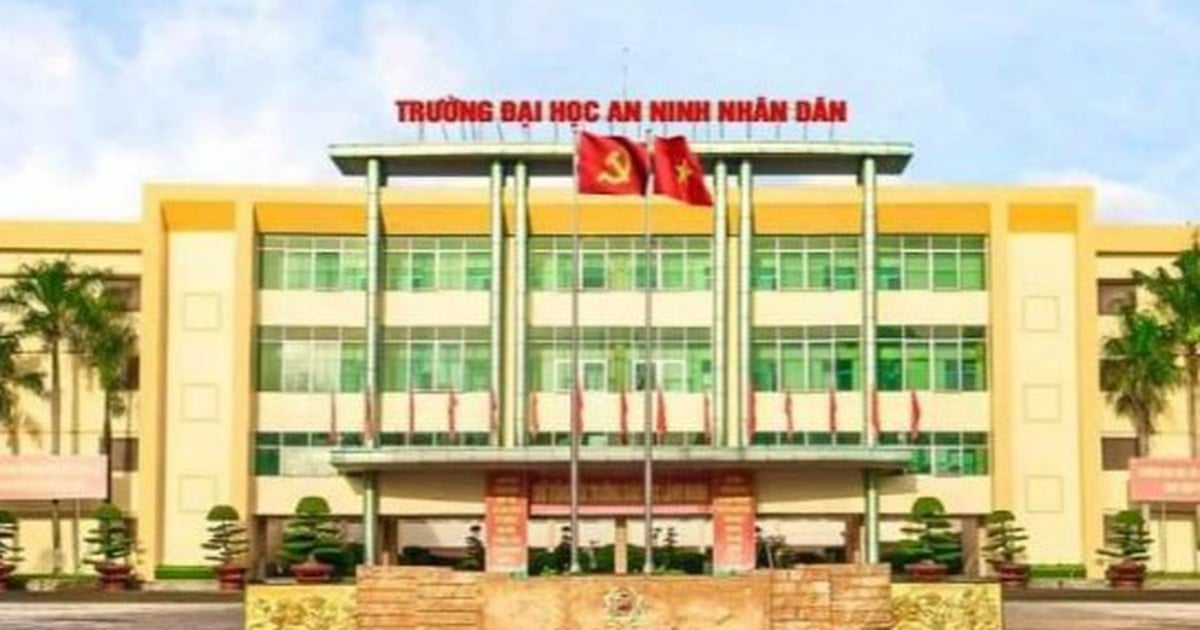



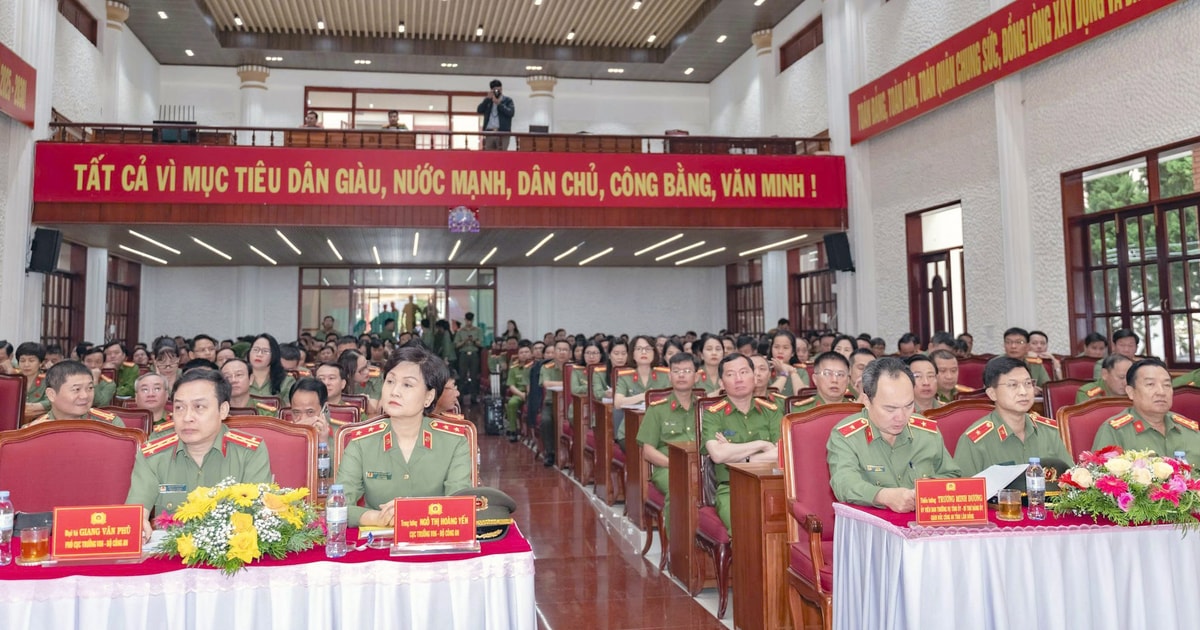

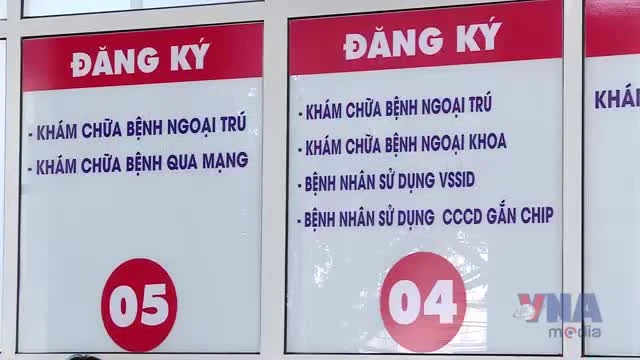

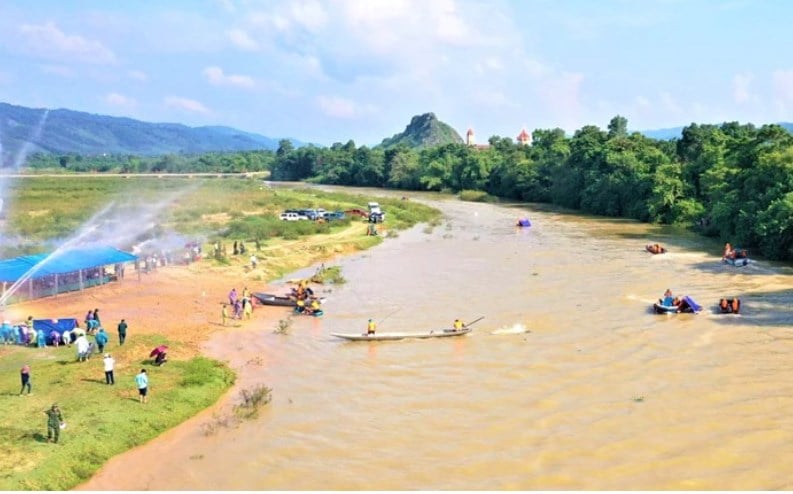

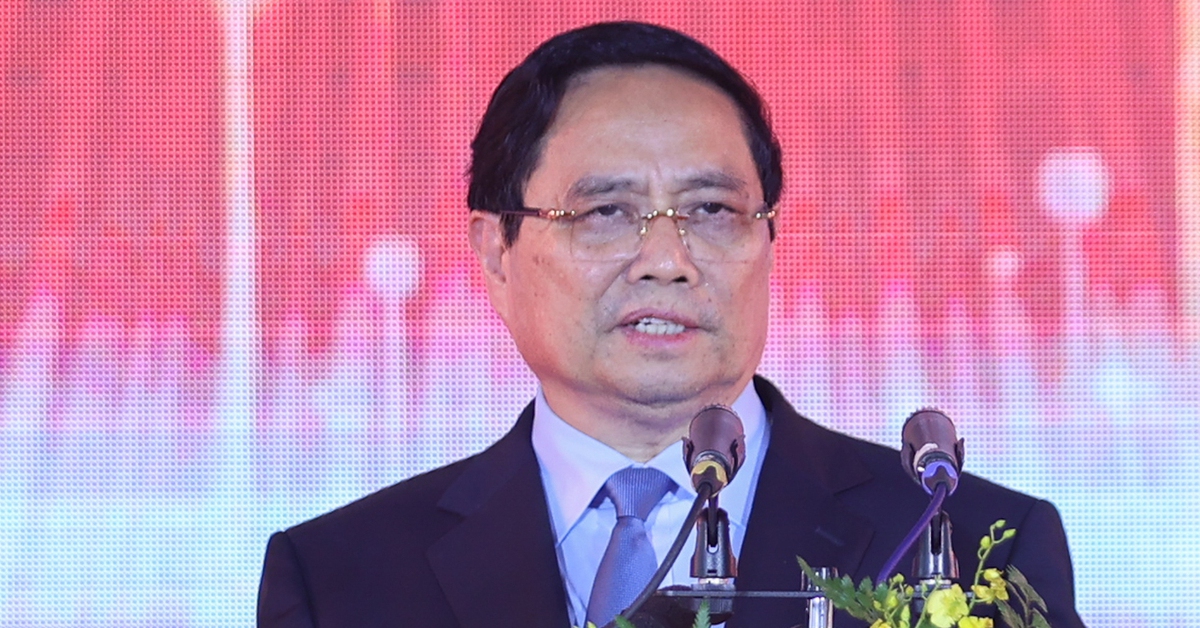





























































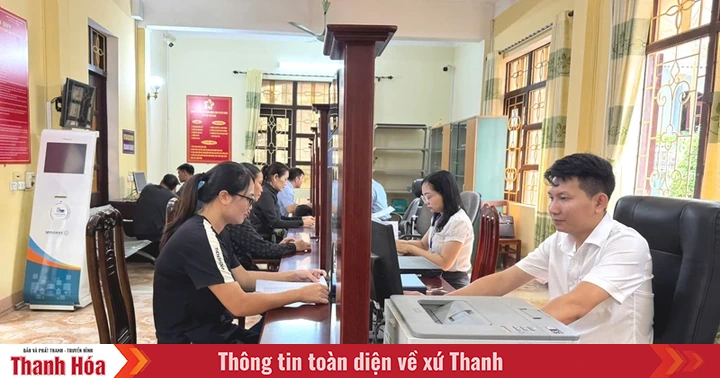
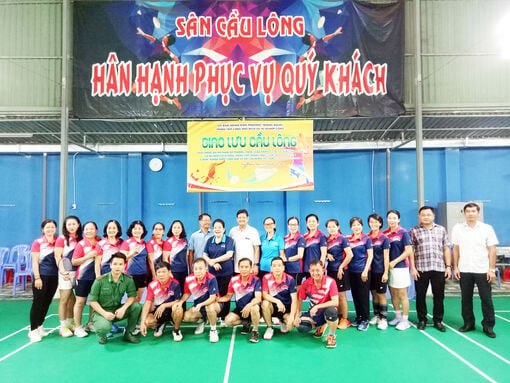

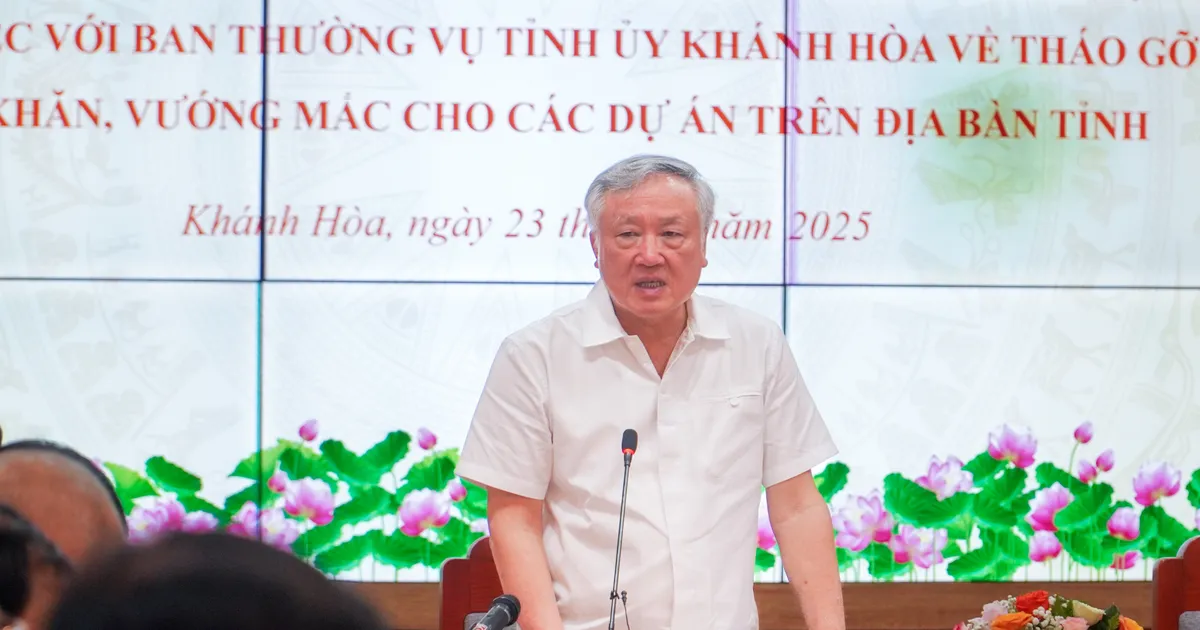


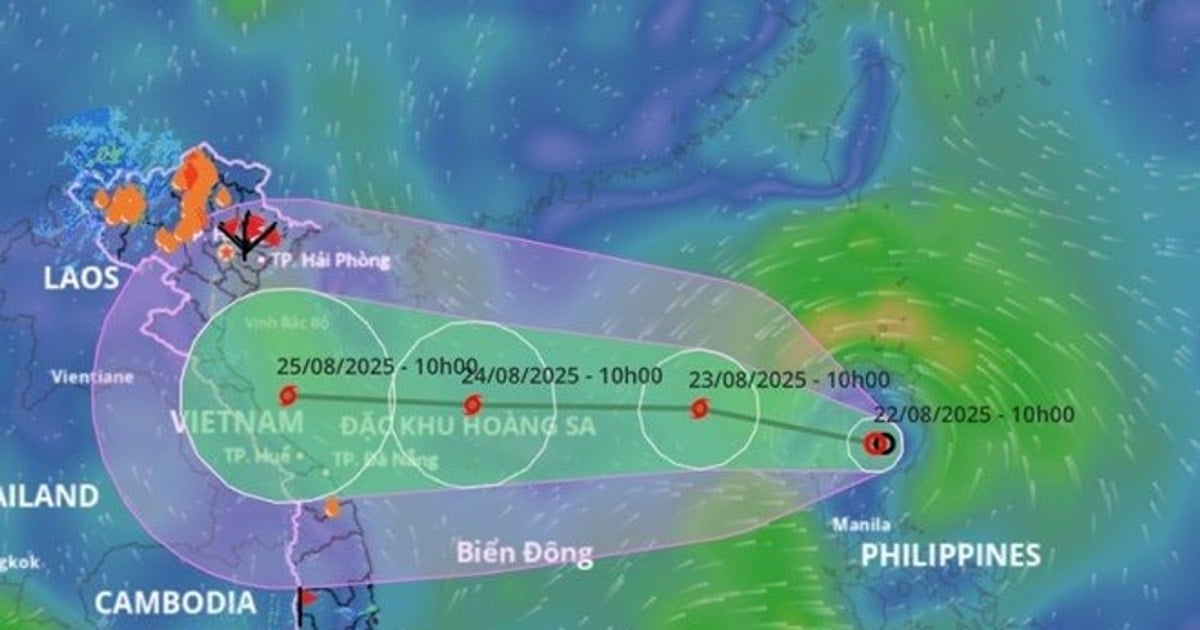
















Comment (0)